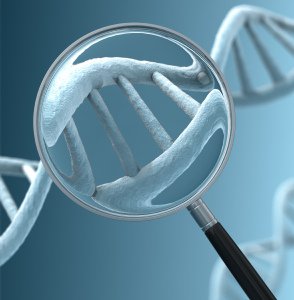An extensive feature article in the weekend’s Dominion Post explores the issue of direct-to-consumer (DTC) genetic testing. Nikki MacDonald looks at emerging market for people seeking to find out more about the secrets their DNA may hold.
 An excerpt (read in full here):
An excerpt (read in full here):
Imagine if a test tube of spittle and $205 could mine your past to foretell your future. Would you want to know if your genetic compass pointed toward cancer, or if you carried a silent coding quirk that put your children at risk of cystic fibrosis?
And what if the horoscope foretold a devastating and incurable disease such as Parkinson’s or Alzheimer’s?
“Are you ready to take that on?” asks 26-year-old Danielle Lambermon, who found out in 2007 that she was one of 43 Auckland Hospital patients with a tiny risk of contracting brain disease Creuzfeldt-Jacobs Disease through contaminated instruments.
“I truly believe people don’t see what the consequences could be. They think, ‘It will be really good because then I’ll know’. But will that make you live your life in a box? Would you do what you normally do? If you’re not a strong personality it will mess up your life.”
Direct-to-consumer (DTC) genomic testing, which uses genetic markers gleaned from a saliva sample to predict disease risk, has been widely available for five years. Once the sample is analysed – typically in a United States lab – test subjects access an online personalised risk profile for over 100 diseases, from brain aneurysm to restless legs syndrome, and find out if they are carriers for genetic conditions such as cystic fibrosis and breast cancer.
Last year the SMC held a media briefing about the technology behind genetic testing and the ethical and legal issues raised by DTC testing. You view a recording of it here.